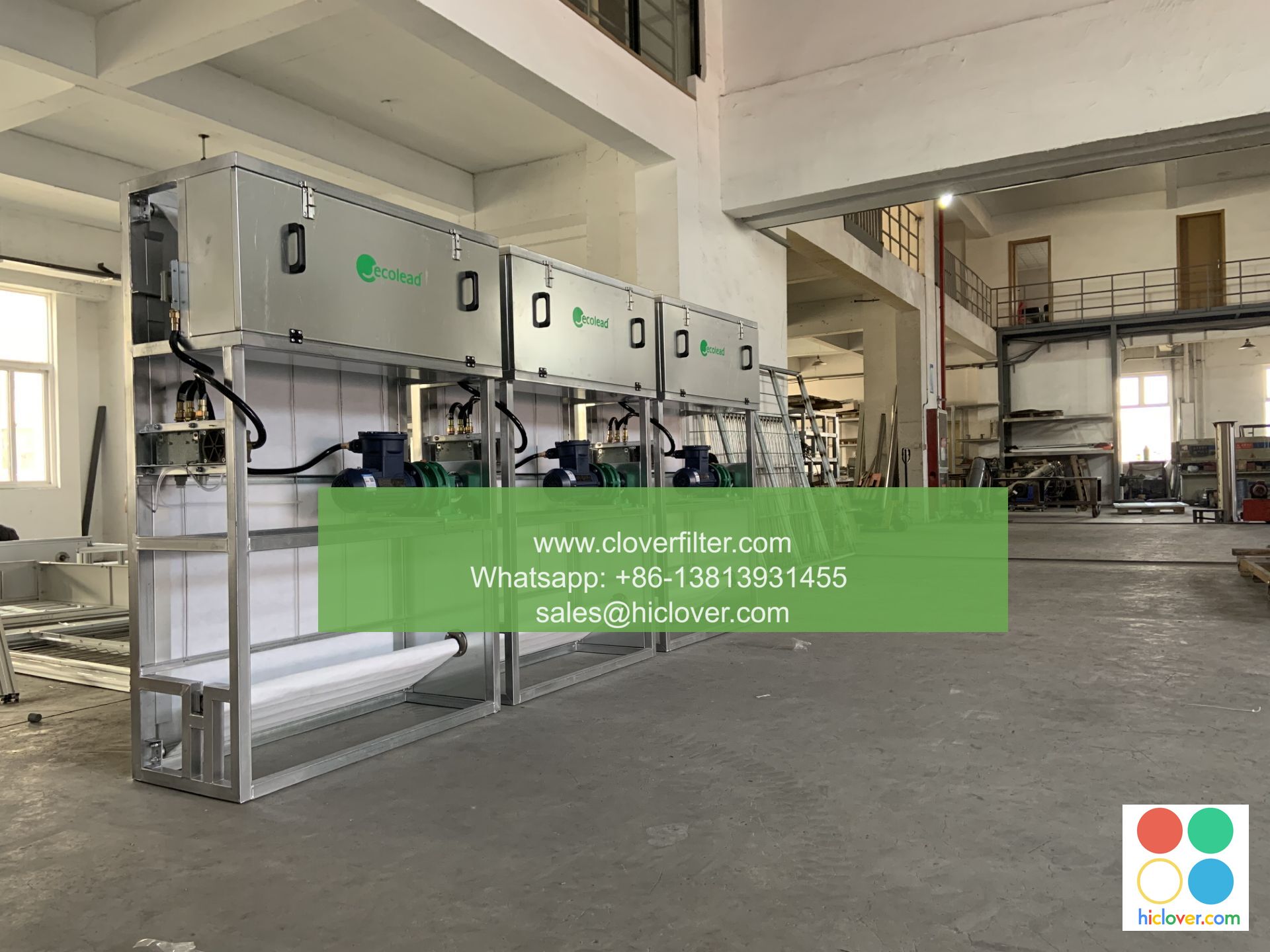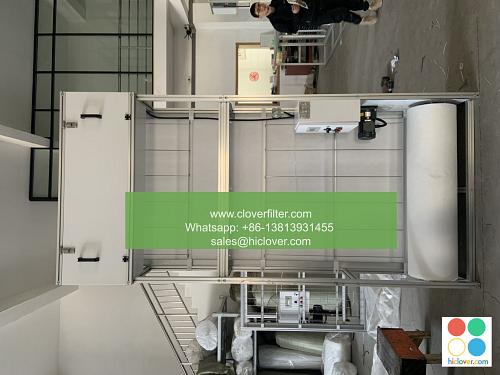How to Manage Your Air Filter Inventory with Best Practices and Terms

Managing air filter inventory is crucial for maintaining optimal indoor air quality, reducing energy consumption, and ensuring the overall efficiency of heating, ventilation, and air conditioning (HVAC) systems. In this article, we will delve into the best practices for air filter inventory management, highlighting various application areas and terms that are essential for a comprehensive understanding of the subject.
Understanding Air Filter Types and Applications
Air filters come in various types, including HEPA filters, activated carbon filters, and pre-filters, each designed for specific applications and industries. For instance, industrial air filters are used in manufacturing facilities, while commercial air filters are used in offices and retail spaces. Residential air filters are designed for homes and apartments. Understanding the different types of air filters and their applications is vital for effective inventory management.
Best Practices for Air Filter Inventory Management
To manage air filter inventory efficiently, consider the following best practices:
* Conduct Regular Inventory Audits: Regularly inspect and count air filter stock to ensure accuracy and identify potential discrepancies.
* Implement a First-In-First-Out (FIFO) System: Ensure that older air filters are used before newer ones to prevent expiration and waste.
* Use Inventory Management Software: Utilize software solutions to track air filter inventory, automate ordering, and receive alerts when stock levels are low.
* Monitor Air Filter Performance: Regularly assess air filter performance to determine the optimal replacement schedule and minimize energy consumption.
Key Terms and Considerations
When managing air filter inventory, it is essential to understand key terms and considerations, including:
* Filter Efficiency: The ability of an air filter to capture particles and pollutants, measured by its Minimum Efficiency Reporting Value (MERV) rating.
* Filter Life: The duration an air filter can be used before it needs to be replaced, depending on factors such as air quality, HVAC system usage, and filter type.
* Stock Levels: The quantity of air filters in inventory, which should be balanced to meet demand while minimizing storage costs and waste.
Application Areas for Air Filter Inventory Management
Effective air filter inventory management has numerous applications across various industries, including:
* Healthcare: Hospitals and healthcare facilities require precise air filter inventory management to maintain sterile environments and prevent the spread of infections.
* Manufacturing: Industrial facilities need to manage air filter inventory to ensure optimal production efficiency, reduce downtime, and maintain a safe working environment.
* Commercial Real Estate: Office buildings, retail spaces, and other commercial properties require well-managed air filter inventory to maintain indoor air quality, reduce energy consumption, and comply with regulations.
By implementing best practices, understanding key terms, and recognizing the various application areas, facilities can optimize their air filter inventory management, resulting in improved indoor air quality, increased energy efficiency, and reduced costs. It seems like you’re ready to start a conversation or explore a topic, but you haven’t specified what’s on your mind. I’m here to help with any questions you might have or topics you’re interested in discussing. Whether it’s about science, history, technology, culture, or anything else, feel free to share, and I’ll do my best to provide you with helpful and interesting information. What would you like to talk about?

